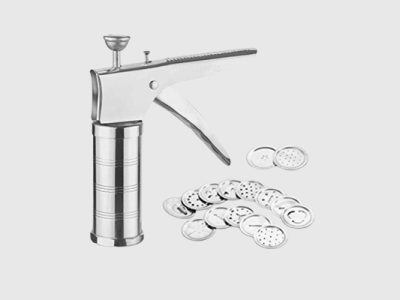Why Should You Purchase the Best Affordable Health Insurance?
Purchasing the finest affordable Health Insurance coverage is critical, as it allows you to keep up with the ever-increasing healthcare prices and guarantees you and your family a healthy future free of medical bills and hospitalization expenses.
And, when it comes to purchasing health insurance policies, you may be perplexed as to which plan to select among the numerous available. When it comes to health insurance, you have options.
If you purchase Affordable Health Insurance through your state’s Marketplace or an insurance broker, you can select between bronze, silver, gold, and platinum health plans. Bronze policies provide the least coverage, while platinum plans offer the most. Under 30, you may be eligible to purchase a high-deductible, catastrophic plan.
What distinguishes the plans? Each pays a fixed portion of the expenditures for the typical registered person. The specifics of each program may differ. Furthermore, deductibles (the amount you pay before your plan covers 100% of your healthcare expenditures) vary per plan, with the least costly having the largest deductible.
- Platinum: pays 90% of your medical expenditures on average; you pay 10%.
- Gold: pays 80% of your medical bills on average; you pay 20%.
- Silver: pays 70% of your medical bills on average; you pay 30%.
- Bronze: pays 60% of your medical bills on average; you pay 40%.
Catastrophic insurance pays only when you have met an extremely high deductible ($8,150 in 2020). Each insurance company may provide one or more of the following four types of plans:
- Organizations that provide health care (HMOs)
- Organizations that are preferred providers (PPOs)
- Organizations that only offer services (EPOs)
- Plans for point-of-service (POS)
- HDHPs are high-deductible health plans that can be connected to health savings accounts (HSAs)
Health Maintenance Organization (HMO)
An HMO provides comprehensive health care through a network of healthcare professionals and facilities. You may enjoy the following benefits with an HMO:
- The least amount of choice is to select your healthcare providers. Compared to other plans, this one requires the least amount of documentation.
- A primary care physician will oversee your treatment and recommend you to specialists as needed so that your health plan covers the service; most HMOs will demand a reference before you may see a specialist.
Preferred Provider Organization (PPO)
You may get the following benefits with a PPO:
- You have greater freedom to pick your health care provider than an HMO; you do not need a referral from your primary care doctor to see a specialist. Out-of-pocket expenses are higher if you see out-of-network doctors rather than in-network providers.
- If you visit out-of-network providers, there will be more paperwork than other plans.
Exclusive Provider Organization (EPO)
You may have the following with an EPO:
- There is no coverage for out-of-network providers; if you see a provider, not in your plan’s network, you must pay the entire cost yourself (unless in an emergency).
Point-of-Service Strategy (POS)
A POS plan combines the benefits of an HMO with a PPO. You may have the following options with a POS plan:
- You have more latitude in selecting your healthcare providers than you would in an HMO. If you notice out-of-network providers, there will be some paperwork.
- You may check what physicians are available. You can see in-network providers referred to you by your primary care doctor. You can see physicians, not in your network, but you will be charged extra.
High-Deductible Health Plan With or Without a Health Savings Account
Like a catastrophic plan, a high-deductible health plan may allow you to pay less for your affordable Health Insurance (HDHP). You may have the following benefits with an HDHP: One of the following health plans: HMO, PPO, EPO, or POS.
Higher out-of-pocket expenses than many other plans; once you hit the maximum out-of-pocket amount, the plan pays 100% of your treatment, just like other plans.
A health savings account (HSA) can assist in paying for your treatment; money placed in an HSA is not taxed and can be used tax-free on qualified medical costs. You must be registered in an HDHP to have an HSA.
Read More: Why Do You Need An Affordable Medicare Supplements Plan?







Comments